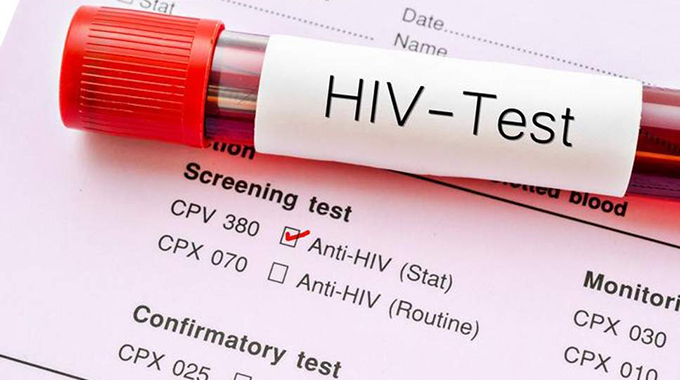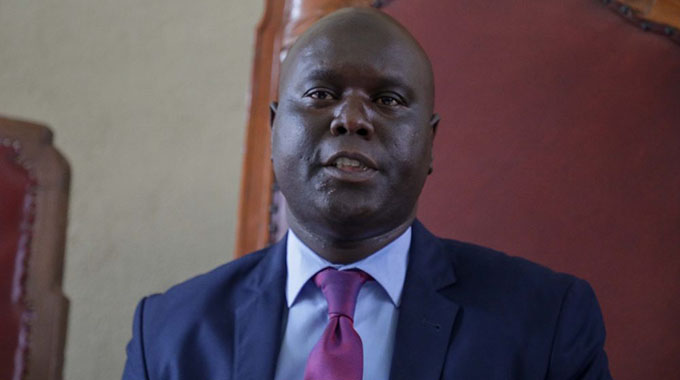New law set to decriminalise HIV transmission

Zvamaida Murwira Senior Reporter
Government has moved to decriminalise wilful transmission of HIV to a partner after it gazetted the Marriages Bill that seeks to repeal a legal provision that makes it an offence.
The Marriages Bill, which was gazetted last Friday, decriminalises the transmission of HIV and AIDS to another partner, as Government seeks to keep abreast with international standards.
The Bill is now set to be tabled before Parliament for debate.
Section 53 of the Marriages Bill repealed Section 79 of the Criminal Law (Codification and Reform) Act which makes it an offence to transmit HIV to a partner.
Section 79 of the Criminal Law (Codification and Reform) Act (Chapter 9:23) titled “Deliberate transmission of HIV” states that, “(1) any person who
(a) Knowing that he or she is infected with HIV; or
(b) realising that there is a real risk or possibility that he or she is infected with HIV; intentionally does anything or permits the doing of anything which he or she knows will infect, or does anything which he or she realises involves a real risk or possibility of infecting another person with HIV, shall be guilty of deliberate transmission of HIV, whether or not he or she is married to that other person, and shall be liable to imprisonment for a period not exceeding twenty years.”
Early this year, Justice, Legal and Parliamentary Affairs Minister Ziyambi Ziyambi told Parliament that the global thinking was that the law stigmatised people living with HIV and AIDS.
He said initially when the law was enacted, the thinking was that it would help to fight the spread of the disease by criminalising those that transmit it to partners willingly.
Accused persons that have been charged under the law were alleged to have unprotected sex with their spouses knowing that they were infected with HIV.
Proponents who argued for the abolishment of the law argued that at present medical evidence did not determine which of the adult partners was infected first if one was not a virgin at the point of the alleged transmission.
In the past, those charged under the law have challenged the constitutionality of Section 79 of the Criminal law, arguing that their right under Section 23 of the Constitution not to be discriminated against on any basis including HIV and AIDS status was being violated.
They also argued that their right to protection of the law under Section 18 was being violated because the offence in question was so wide, broad and vague. The challenge to the constitutionality of this offence was focused on the species of this offence requiring only that when the accused had sex with another person, the accused realised the real risk or possibility that he or she was infected with HIV and that there was a real risk that the other person will be infected.
Counsel for the applicants argued that this formulation of the offence violated the constitutional right to protection of law as it was conjectural and vague. They contended that innocent persons were in danger of being convicted under this provision.










Comments